- Tags:
- iyokan / Japanese citrus / kabosu / ponkan / Steam Cream / Yuzu
Related Article
-
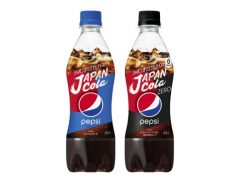
Pepsi Releases New Formula “Pepsi Japan Cola” Flavored With Yuzu Citrus And Salt
-
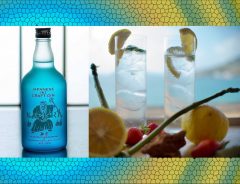
Japanese craft gin from Iki Island cuts food loss using oft-wasted parts of local fruits & veggies
-
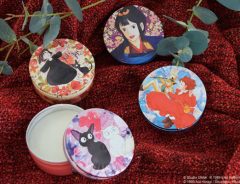
Give Your Skin A Ghibli Shine With Charming Set Of Studio Ghibli Girl-Themed Moisturizers
-
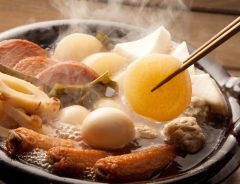
Realistic oden hotpot bath bombs released in Japan to provide a bath time stew
-
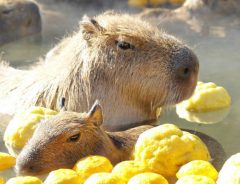
Japanese Zoo’s Capybaras Soak In Yuzu Hot Springs Every Winter
-
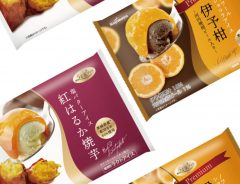
Step into the cooler seasons with this special ice cream selection from Kojimaya
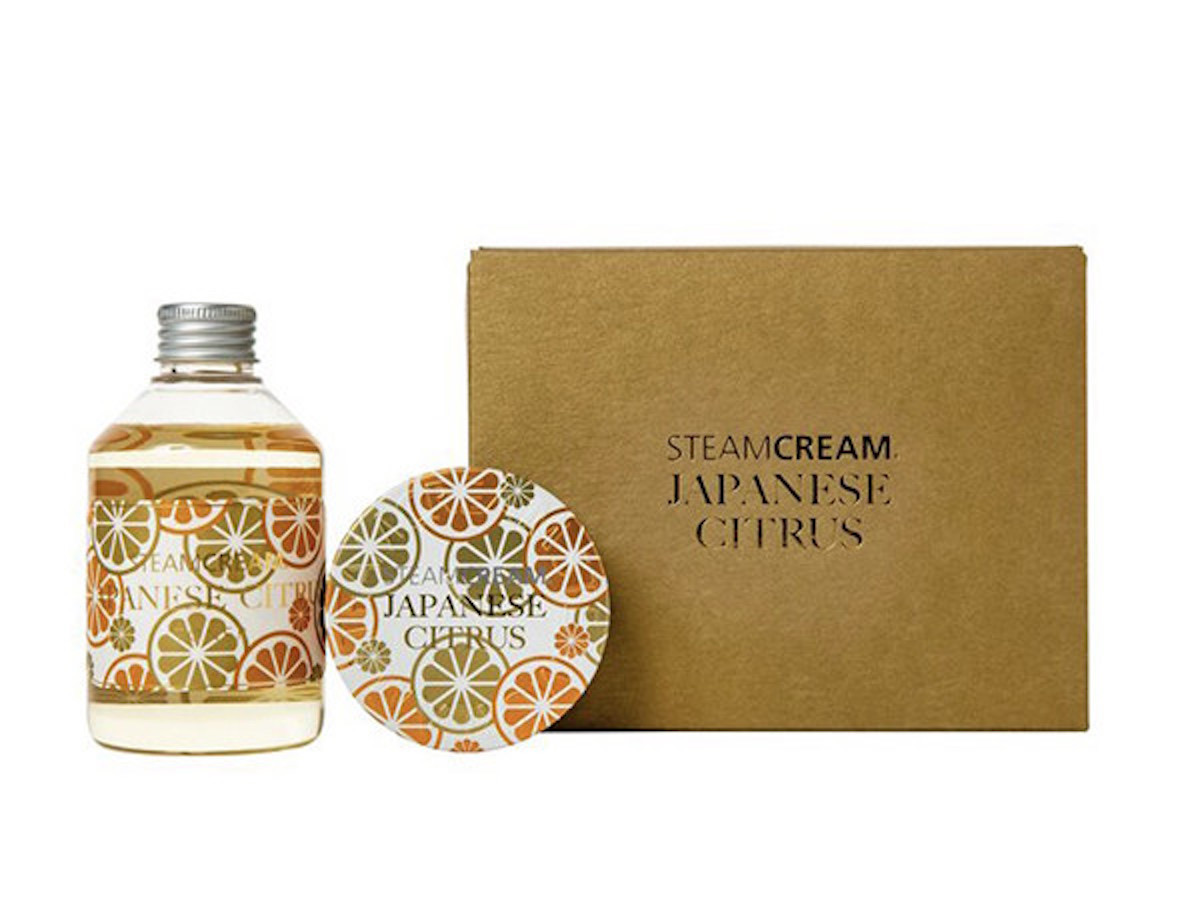


Steam Cream, an Anglo-Japanese skincare brand, recently released ‘Japanese Citrus,’ a beautifully packaged moisturising cream for your face, hands, and body. Steam Cream achieves an amazing “skin familiarity” by minimizing the use of emulsifiers and using hot steam to get the best out of their ingredients.
‘Japanese Citrus’ is a blend of four wonderfully fragrant citrus fruits that are little known outside East Asia: yuzu, iyokan, ponkan, and kabosu. Having often noticed the variety of exotic citrus fruits there are in Japan, your Grape correspondent decided to find out more about these four.
© PR Times, Inc.
The best known of the four is probably yuzu, which looks like a small grapefruit. Yuzu is a hybrid of the mandarin and the Ichang papeda and originated in Tibet and central China. Even in the depths of winter, you’ll see yuzu growing in gardens all over Japan. Yuzu are unusual among citrus fruit trees in being frost-hardy and can bear fruit even when the temperature is as low as −9 °C (15 °F). Though rarely eaten as a fruit, yuzu is a common ingredient in Japanese cuisine. Its aromatic rind and juice are used in much the same way as a lemon, adding a fragrant tartness, something like a grapefruit but with overtones of mandarin orange.
Yuzu is a key ingredient in ponzu sauce. You can also buy yuzu vinegar, and yuzu-koshō (yuzu and pepper), a spicy sauce made from yuzu zest, chili peppers, and salt. Yuzu rind is also used to garnish a savoury, salty egg-pudding called chawanamushi, and is even used as a flavouring in Doritos.
The second most popular citrus fruit in Japan after the Satsuma mandarin is the iyokan, a citrus fruit that looks a bit like a mandarin. It’s more bitter than an orange, but sweeter than a grapefruit. Iyokan-flavoured KitKat bars, with a "good luck" message to students studying for exams written on the packet, are popular in Japan because the name "iyokan" sounds very similar to “ii kan”, or "good feeling" in Japanese.
Another exotic citrus fruit popular in Japan is ponkan, also known as Chinese honey orange. Ponkan is a very sweet hybrid of the mandarin and the pomelo. The ‘pon’ in its name comes from the city of Pune in India and ‘kan’ means citrus. Ponkan trees often produce so much fruit that their branches break under the weight!
The last of the four citrus fruits used in ‘Japanese Citrus’ is kabosu. In Japan, kabosu juice is used to improve the taste of many dishes, especially cooked fish, sashimi and hotpots. Like yuzu, kabosu juice has the sharpness of lemon juice and is sometimes used instead of vinegar. The kabosu is thought to be a hybrid of the bitter orange and the Ichang papeda and is a close relation of the yuzu. It was brought to Japan from China during the Edo period and is produced in Oita prefecture in Kyushu.
© PR Times, Inc.
A 75g tin of Steam Cream’s ‘Japanese Citrus’ costs 2000 yen (excluding tax). Steam Cream is also offering a limited-edition skincare kit, which combines the 75g Japanese Citrus moisturising cream with 200ml of Japanese Citrus scented toner. The skincare kit is available while stocks last for 4,000 yen (excluding tax).
For more information, please visit Steam Cream's website here. You can also purchase from their online store, but if you live outside of Japan, you'll need to use a forwarding service such as Tenso or White Rabbit Express.